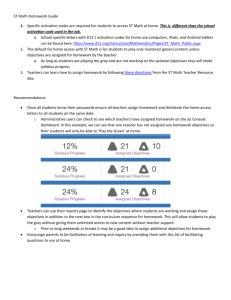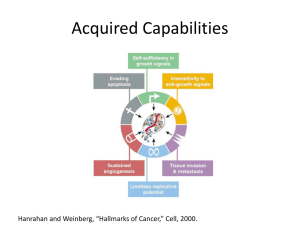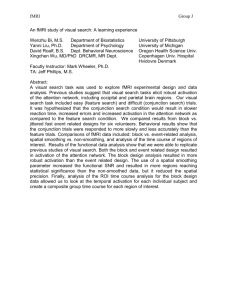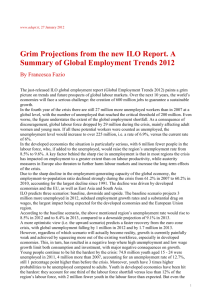Rice, Deborah & Zimmermann, Katharina: Social and employment
advertisement
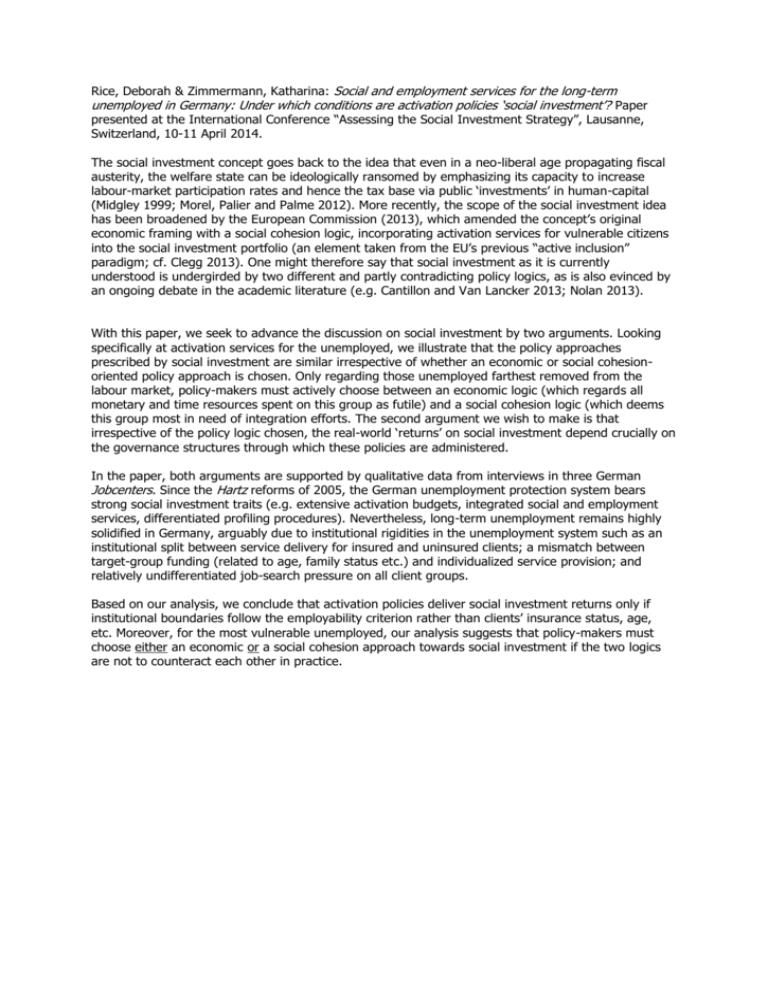
Rice, Deborah & Zimmermann, Katharina: Social and employment services for the long-term unemployed in Germany: Under which conditions are activation policies ‘social investment’? Paper presented at the International Conference “Assessing the Social Investment Strategy”, Lausanne, Switzerland, 10-11 April 2014. The social investment concept goes back to the idea that even in a neo-liberal age propagating fiscal austerity, the welfare state can be ideologically ransomed by emphasizing its capacity to increase labour-market participation rates and hence the tax base via public ‘investments’ in human-capital (Midgley 1999; Morel, Palier and Palme 2012). More recently, the scope of the social investment idea has been broadened by the European Commission (2013), which amended the concept’s original economic framing with a social cohesion logic, incorporating activation services for vulnerable citizens into the social investment portfolio (an element taken from the EU’s previous “active inclusion” paradigm; cf. Clegg 2013). One might therefore say that social investment as it is currently understood is undergirded by two different and partly contradicting policy logics, as is also evinced by an ongoing debate in the academic literature (e.g. Cantillon and Van Lancker 2013; Nolan 2013). With this paper, we seek to advance the discussion on social investment by two arguments. Looking specifically at activation services for the unemployed, we illustrate that the policy approaches prescribed by social investment are similar irrespective of whether an economic or social cohesionoriented policy approach is chosen. Only regarding those unemployed farthest removed from the labour market, policy-makers must actively choose between an economic logic (which regards all monetary and time resources spent on this group as futile) and a social cohesion logic (which deems this group most in need of integration efforts. The second argument we wish to make is that irrespective of the policy logic chosen, the real-world ‘returns’ on social investment depend crucially on the governance structures through which these policies are administered. In the paper, both arguments are supported by qualitative data from interviews in three German Jobcenters. Since the Hartz reforms of 2005, the German unemployment protection system bears strong social investment traits (e.g. extensive activation budgets, integrated social and employment services, differentiated profiling procedures). Nevertheless, long-term unemployment remains highly solidified in Germany, arguably due to institutional rigidities in the unemployment system such as an institutional split between service delivery for insured and uninsured clients; a mismatch between target-group funding (related to age, family status etc.) and individualized service provision; and relatively undifferentiated job-search pressure on all client groups. Based on our analysis, we conclude that activation policies deliver social investment returns only if institutional boundaries follow the employability criterion rather than clients’ insurance status, age, etc. Moreover, for the most vulnerable unemployed, our analysis suggests that policy-makers must choose either an economic or a social cohesion approach towards social investment if the two logics are not to counteract each other in practice.

